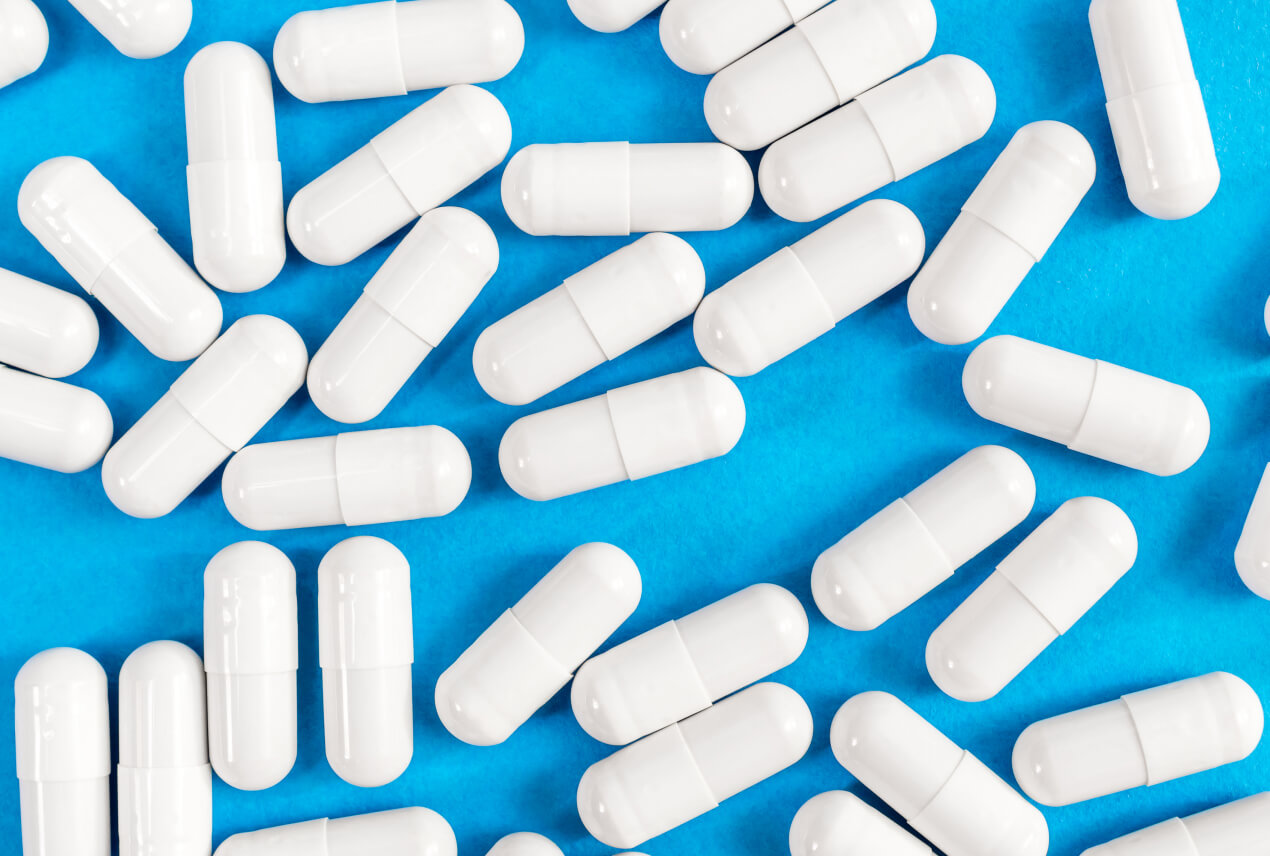When used as directed, opioids can be effective for pain management. However, they are also highly addictive and can become lethal when taken in high doses.
The Centers for Disease Control and Prevention (CDC) defines opioid use disorder (OUD) as a "problematic pattern of opioid use that causes significant impairment or distress." Also sometimes referred to as opioid dependence or opioid addiction, OUD can lead to serious symptoms that include sexual dysfunction, depression and even death.
Anyone who takes opioids to manage pain should be under the close supervision of a doctor and should already be working on a plan to taper off the medication to prevent the development of OUD.













